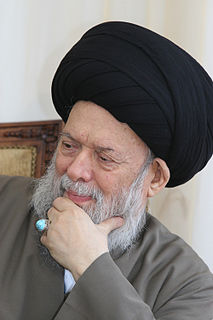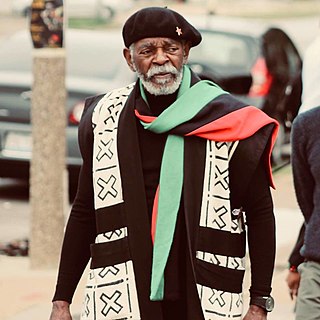A Quote by Kenneth Arrow
I think the idea that a society has to be responsible for all of its citizens, those who do well and those who do not, is really a precondition of a good society.
Related Quotes
It does say something about a society when those who sue physicians and hospitals make as much or more money than those who heal disease. It says something about a society when it glorifies and rewards those who litigate while it demonizes and punishes those who produce the drugs and devices that keep it citizens alive and well.
All of those on the left, as I am, have always vastly preferred the democratic society over the hierarchical society and still do, but the democratic culture doesn't exist without highly informed citizens capable of thinking well, and if you have schools in which 40 percent of the people coming out of them cannot make change for a dollar, you don't have a democracy. You have a sibling society.
England was killed by an idea: the idea that the weak, indolent and profligate must be supported by the strong, industrious, and frugal – to the degree that tax-consumers will have a living standard comparable to that of taxpayers; the idea that government exists for the purpose of plundering those who work to give the product of their labor to those who do not work. The economic and social cannibalism produced by this communist-socialist idea will destroy any society which adopts it and clings to it as a basic principle – ANY society.
There are always rebels and radicals, I suppose,' McCleethy allows. 'Those who live on the fringes of society. But what do they contribute to the society itself? They reap its rewards without experiencing its costs. No. I submit that loyal, hardworking citizens who push aside their own selfish desires for the good of the whole are the backbone of the world. What if we all decided to run off and live freely without thought or care for society's rules? Our civilization would crumble. There is a joy in duty and a security in knowing one's place...It is the only way.
In building up a democratic model I think that Cuba's contribution, little by little, has contributed to getting closer to the ideals of those philosophers, of those Greeks who thought about how a society could be fairer, how a society could really represent the interests of the people. We have tried to get closer to that from a Latin-American perspective and from the Cuban perspective.
The idea that the profits of capital are really the rewards of a just society for the foresight and thrift of those who sacrificed the immediate pleasures of spending in order that society might have productive capital, had a certain validity in the early days of capitalism, when productive enterprise was frequently initiated through capital saved out of modest incomes.
There's just so many facets, I think, of the ignorance in our society that have to be corrected if we're really going to have a democratic society and a society that is just and that respects all of the members of this society regardless of who they are, what color they may be, what sexual orientation that they have or what gender, you know, they happen to be.
There's always a tension between those who would like to garner wealth, and they contribute a lot to society. There's also those who say, 'I believe in the common good. I want that to be enlarged.' They contribute a lot to society. The tension, the debate, between these two views is extremely important to our progress.
Civil society rests on moral relationships. They are covenantal rather than contractual. They are brought about not by governments but by us a husbands and wives, parents, friends and citizens, and by the knowledge of what we do and what we are makes a difference to those around us. (...) Renewing society's resources of moral energy is the program, urgent but achievable.





































